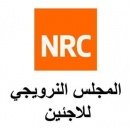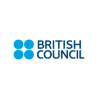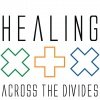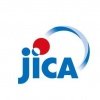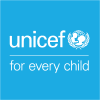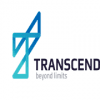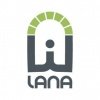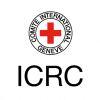Local Education Research
ROLE: Local education research institution or consultancy firm
DUTY STATION: West Bank/East Jerusalem but with travel to Gaza (35%)
REPORTING TO: NRC Education Programme Manager
- BACKGROUND
To date, measures of educational vulnerability in Palestine has largely been focused on matters of access-related barriers to schooling. This is often related to restrictions in mobility, distance to schooling, exposure to violence to/from/in school, or the active denial or removal of educational services. Additionally, while humanitarian actors act to identify specific communities/locales within the oPT with highest levels of needs or risk factors, it is often with varying levels of rigour, depth and consistency; and often with an assumption that geography is the primary determinate of learner vulnerability.
At present, strong need has been voiced by the main education service providers and their partners for research which more clearly links educational access and protection related concerns (which have been typically been seen as the focus of humanitarian activity) with learning and well-being outcomes of affected students (which have typically been the focus of developmental programming). At the same time, there is increasingly demand from humanitarian donors for credible and consistent approaches on how needs are assessed and identified within the education sector, as part of a drive for evidence-based decision-making. The European Commission (EC) for example, has expressed a commitment to improving the capacities, quality and coordination of needs-assessment approaches across the humanitarian sector, with specific support given to improving coordinated needs assessment methodologies and processes in humanitarian assistance at a global, regional and national level.
The overall outcome from this research project, led by the Norwegian Refugee Council and the University of Auckland, is to improve the capacity for the education sector in Palestine to begin to understand, articulate and measure educational vulnerability of learners within a protracted crisis situation, and better target efforts and interventions at populations of highest need in a consistent fashion and based on a credible evidence base. The project contributes directly to this outcome by measuring and assessing a range of outcome-focussed indicators on student learning and teacher and student well-being and matching this to a range of educational risk factors related to access to schooling, school climate, and teaching and learning conditions. Key findings from this report will be shared with the sector and widely disseminated. The intent is for the research findings to better assist the sector to identify specific needs and issues within schools, and better target interventions moving forward. Additionally, findings from this research are intended to assist the sector in developing key advocacy messages on the impact(s) which the ongoing crisis is having on student learning outcomes—important at present given the global commitments to SDG 4.
ENQUIRIES
All enquiries regarding this agreement shall be directed to:
Name: NRC Procurement team
E-mail: [email protected]
Attachemnets:




